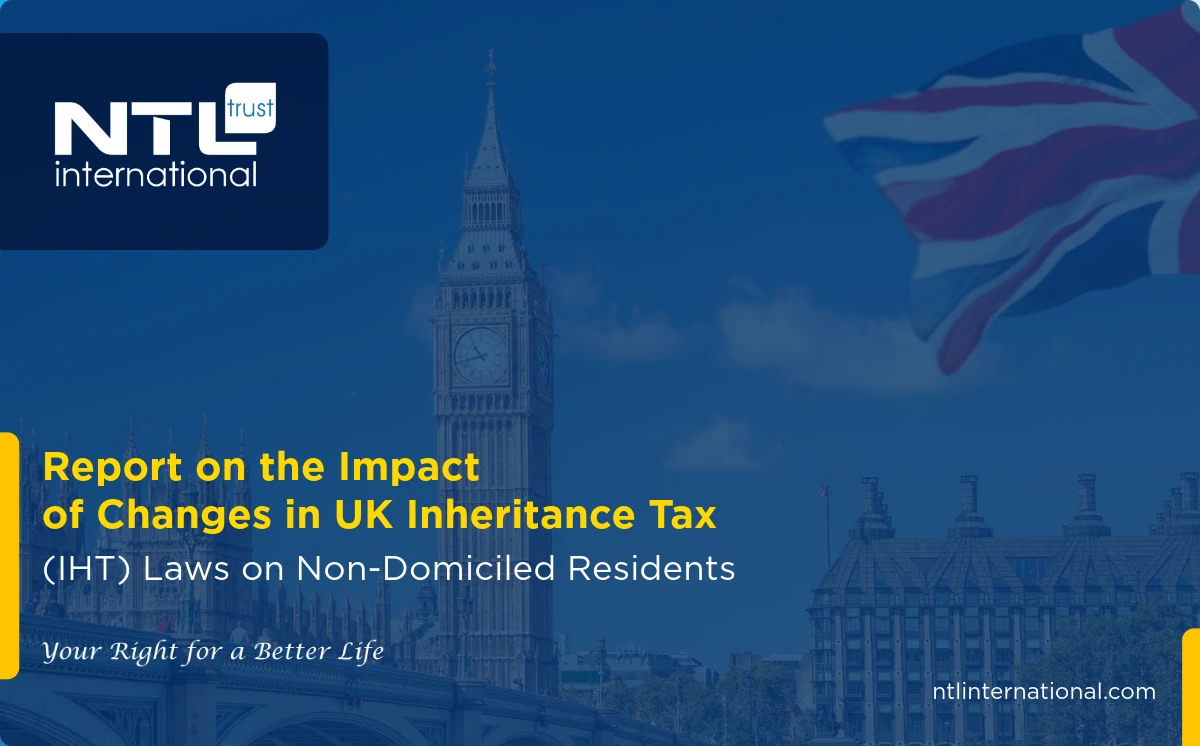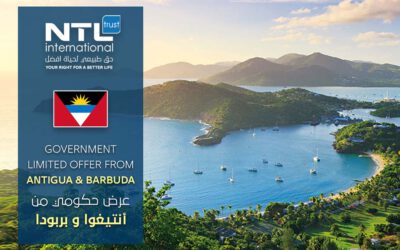
The UK Inheritance Tax (IHT) is one of the key taxes affecting individuals with significant assets within or outside the country. IHT applies broadly to all property types, including real estate, funds, and personal possessions. While residents face comprehensive tax obligations, non-domiciled residents (Non-Doms) traditionally enjoyed more favorable treatment. They were exempt from IHT on foreign assets, but recent legislative proposals by the UK government aim to reduce these benefits significantly. The changes propose cutting the exemption period from 15 years to just 5 years, after which a non-dom’s global assets would become subject to IHT. These developments have raised concerns about their implications for foreign investments and the strategies available to mitigate the tax burden.
What is the UK Inheritance Tax IHT Exemption Period for Non-Doms?
The proposed changes to UK inheritance tax (IHT) laws reduce the exemption period for non-doms from 15 years to 5 years. This shift means that after five years of residence in the UK, non-doms will be treated as if they are domiciled for tax purposes, exposing their global assets to IHT at a rate of up to 40%.
Key Changes to UK Inheritance Tax IHT Rules:
Reduction in Exemption Period:
-
- Previously, non-doms were exempt from UK Inheritance Tax IHT on foreign assets for 15 years.
- Under the new rules, the exemption will last only five years.
- After this period, their global assets will face IHT at 40%.
Widening the Scope:
-
- The new regulations will retroactively apply to individuals residing in the UK for over 5 years.
- Foreign assets will thus be taxed much earlier than expected.
Impact of These Changes on UK Non-Domiciled Residents
- Encouraging Reverse Migration
- Wealthy individuals may leave the UK before the five-year threshold to avoid UK Inheritance Tax IHT exposure.
- Economic Consequences
- Industries relying on high-net-worth individuals (HNWIs), such as luxury real estate, private banking, and philanthropy, could suffer.
- The UK may become less competitive than jurisdictions with more lenient tax regimes.
- Reduced Appeal of the UK
- Investors may redirect their focus to countries with tax-friendly policies, such as Switzerland, Monaco, or the UAE.
- Financial Strategy Adjustments
- Non-doms may need to revise their wealth management plans, using tools like trusts and gifts to protect their assets.
- Increased Tax Burden
- After five years, non-doms will be treated as domiciled residents, meaning their global assets will be taxed at a 40% rate above the IHT exemption threshold.
Legal Solutions and Strategies for Non-Doms
- Relocation to Favorable Jurisdictions
- Non-doms can consider moving to countries with more flexible tax laws, such as Switzerland or the UAE, before April 2024.
- Trust Structures
- Establishing offshore trusts can protect foreign assets from IHT if set up before the five-year residency limit.
- Wealth Distribution Planning
- Distributing assets as lifetime gifts can significantly reduce tax liabilities. Gifts made over seven years before death are generally exempt from UK inheritance tax IHT.
- Asset Restructuring
- Shifting ownership of foreign assets to entities outside the UK can help mitigate tax exposure.
- Dual Residency Evaluation
- Maintaining ties to another country may preserve a non-domiciled status, keeping some exemptions intact.
- Tax Treaties
- Leveraging double tax treaties can minimize the impact of IHT on foreign assets.
Recommendations from UK Residency Experts
- Consider Long-Term Impacts
- Assess both the immediate and future effects of financial and tax planning decisions.
- Consult Professional Advisors
- Engage with tax advisors experienced in international tax law to develop customized strategies.
- Act Promptly
- With a short timeline until April 2024, proactive measures are critical to minimizing tax liabilities.
The proposed changes to UK inheritance tax laws mark a significant policy shift that could accelerate the departure of HNWIs and undermine the UK’s appeal as a global wealth destination. However, with comprehensive legal and financial planning, non-doms can navigate these changes effectively, safeguarding their assets while complying with UK law.
Turkish Citizenship Certificate Delay & Changes in the Processing!
The Civil Registration and Citizenship Department of Istanbul Province announced today the temporary suspension of receiving any reviews from investors who recently acquired Turkish citizenship and wish to obtain the citizenship certificate.
The Happiest Place on Earth is Still CORONA-FREE
In light of the widespread and rapid of the Corona epidemic Covid-19 worldwide, people are increasingly searching for a safe place to protect themselves and their families.
Grenada opens its consulate in Dubai – UAE
Grenada opens its consulate in the United Arab Emirates, and Ms. Rose Ann Benjamin became the Consul General in it, knowing that this consulate is not the only Grenada consular office in the region, but the services provided may differ from one office to another.
Corona changes the way to apply for citizenship in Grenada
The Citizenship by Investment Unit in Grenada has decided to suspend the receipt of hard copies of files from the date of Friday 20 March 2020 until further notice or until the implementation of the CBI Management Online Information System platform.
Limited Offer from Antigua & Barbuda to add children
The new limited–time offer is to allow adding dependent children under the age of 18 years to the family’s previously approved application and to approve the reduction of fees for adding these dependents





